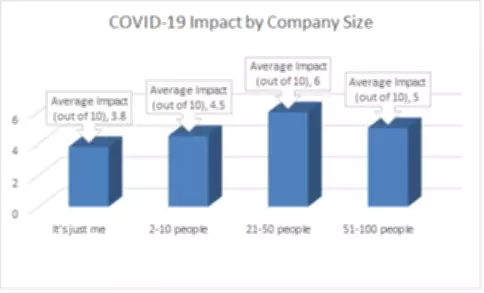Simple Explanation of Cash and Accrual Accounting
Content

Having your cash flow illustrated through transactions is more finely illustrated with the matching principle. In accounting, the matching principle is defined as matching revenue and its corresponding expense within the same transaction, rather than when the expense or income is actually generated . Including accounts receivables and payables allows for a more accurate picture of the long-term profitability of a company. Might overstate the health of a company that is cash-rich but has large sums of accounts payables that far exceed the cash on the books and the company’s current revenue stream. Using accrual accounting allows you to seek investors or apply for a bank loan, and it offers a much better option if you’re in business to provide services. To further complicate the situation, once you choose, and file taxes using your chosen method, you will need to request approval from the IRS to change the accounting method that your business uses.
- Many companies can choose which method they want to use depending on the needs of their business.
- Opt for cash basis accounting and revenue will only be reported on your company’s income statements when cash is received.
- This is because it only applies to payments from clients—in the form of cash, checks, credit card receipts, or gross receipts—when payment is received.
- During April, services valued at $2,000 were performed and billed, but not yet collected.
- Having your cash flow illustrated through transactions is more finely illustrated with the matching principle.
Posting checks to providers posts revenue for settlement type Invoice items. Posting checks from providers posts revenue for plastic, settlement type Invoice items. QuickBooks Online can produce either cash or accrual financial statements from the same set of books. If your software cannot do this, you should keep your books on the accrual basis.
Reporting with Cash Basis Accounting and Accrual Basis Accounting
“Accounts payable” refers to an account within the general ledger representing a company’s obligation to pay off a short-term obligations to its creditors or suppliers. Accounting is the process of recording, summarizing, https://www.bookstime.com/ and reporting financial transactions to oversight agencies, regulators, and the IRS. Chizoba Morah is a business owner, accountant, and recruiter, with 10+ years of experience in bookkeeping and tax preparation.
Why do small businesses prefer cash basis accounting?
Many small businesses prefer to use cash accounting simply because it's easier to maintain and understand. Although accrual accounting doesn't provide an accurate depiction of cash flow, it DOES give you a more realistic idea of long-term income and expenses.
Therefore, the two accounting methods would report the transaction as having taken place in different years. As a result, which accounting method a company chooses can also affect their annual tax reporting. As a company grows, you may decide to switch accounting methods.
Recording income
In this case, investors might think your company is about to make a profit and continue growing but in reality, it may be losing money because of the unpaid accounts payable. It can give you an inaccurate long-term financial picture of your company. For example, if your business has a lot of money coming in it could lead you to believe you’re having a good month, but in actuality it’s last months sales that are just coming in now. In cash-basis accounting, the main difference is that the cash value shown on the balance sheet represents the actual amount of cash in the company’s bank account. In comparison, “cash-basis” accounting recognizes revenue only if cash payment is actually received for the product/service delivered. If you take a look at the accrual basis income statement, you’ll see that it more accurately reflects the activity that took place in the month of December. Even though you will not be paid for the office cleaning jobs you completed until January, you are still recognizing that you did perform those services.
However, if a purchase is paid on credit or with a check, the two accounting systems will diverge. The difference between cash basis accounting vs accrual basis accounting is based on when cash basis vs accrual basis your revenue and expenses are reflected in your books. Under the cash basis, there is no need to account for customer sales made on credit (i.e. accounts receivable) until they pay.
Cash vs. accrual at a glance
The best accounting method for your business depends on several factors. In general, cash accounting is best for small businesses and businesses that do not carry inventory as part of their operations. Alternatively, large businesses and inventory-based businesses should opt for accrual basis accounting. Small businesses that are expected to grow may also want to start with accrual basis accounting so they’re prepared for future accounting needs. It’s important to note that this method does not take into account any accounts receivable or accounts payable. This is because it only applies to payments from clients—in the form of cash, checks, credit card receipts, or gross receipts—when payment is received. Accrual accounting is a method of accounting where revenues and expenses are recorded when they are earned, regardless of when the money is actually received or paid.
